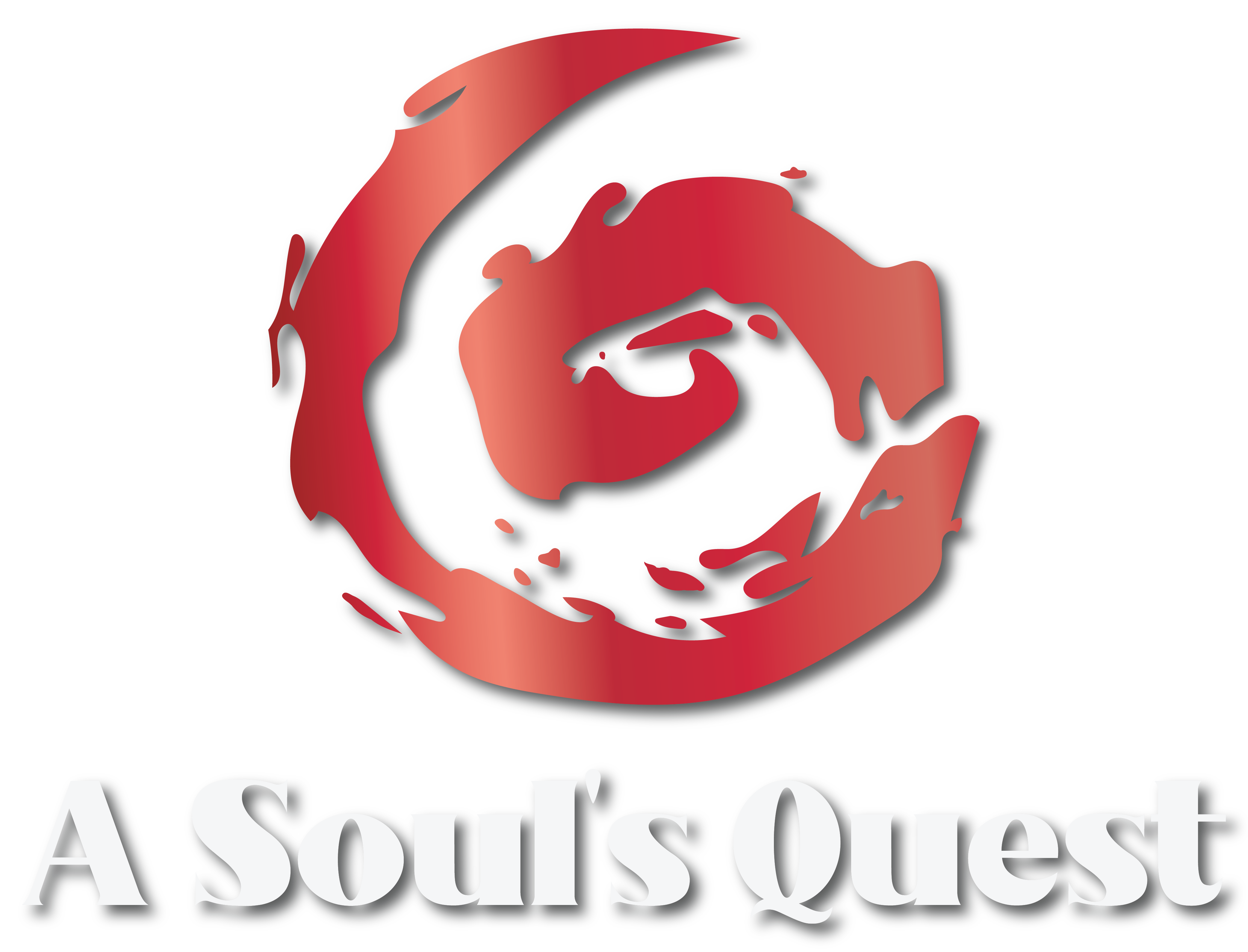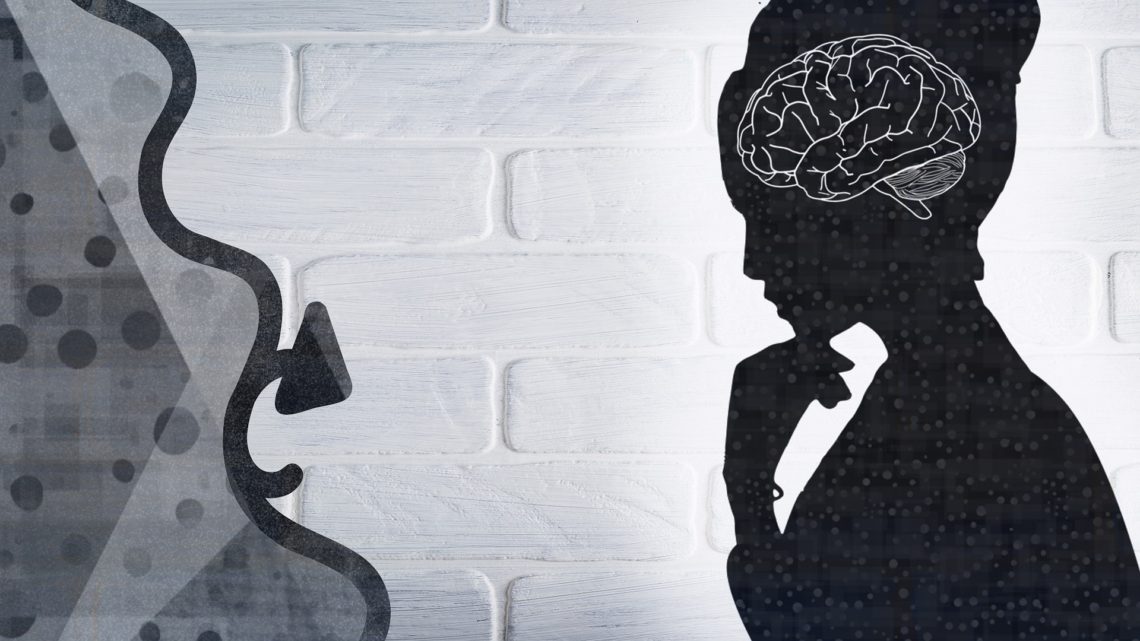“Man needs difficulties; they are necessary for health” (Carl Jung)
Life, our environment, and the world are filled with danger and difficulties. These dangers break people and force them to live inauthentic lives. Even the most successful of us were not born with a solid grasp of what is happening around us. This can be a tough concept to accept. We expect things to just magically line up for us as we age. But that is completely false. We are seldom in control. It is not something to be afraid of, but a reality to accept. Failure to accept that there are many hardships and obstacles in life can really beat you down and get you stuck in a rut mentally or psychologically.
It is obvious then why our modern society focuses so much on the avoidance of pain and the minimizing of trauma. We create programs, pass governing laws, become activists, and formulate “ideas” that could minimize, or even eradicate any form of pain from taking place. These are all well-intentioned initiatives that often lead to some improvements in our quality of life. Nevertheless, no system could ever prevent life from happening. And as the Buddha says, “All life is sorrowful”. Thus perhaps in our attempt to medicate and eradicate, we take away our best opportunities for higher self-awareness and new creation.
Why Do We Fear Difficulties
As we face these difficulties, they leave a residue of emotional content that affects us throughout our lives. These leftover emotions are painful. This is true for most people. Emotions burden us, and we would prefer to feel nothing more than all that pain. In fact, many people who have difficulty letting go of painful emotions get caught up in believing they somehow deserve it. In turn, these suppressed emotions turn into shackles that keep us bound mentally leaving us neurotic.
“Neurosis is always a substitute for legitimate suffering.” (Psychology and Religion, 1960) Carl Jung, the Swiss psychiatrist, and psychoanalyst who founded analytical psychology defines neurosis as the failure to accept your own unique self. According to Jung, neurosis is “the suffering of a soul which has not discovered its meaning.” (Psychology and Religion, 1960) So how do we find meaning? We find meaning by plunging ourselves into the pit of despair, facing the shadow that afflicts us and making peace. We make this journey inward, confront our individual unconscious and discover a more significant aspect of who we are.
The Way to Personal Growth and Self Awareness
The way to personal growth and self-awareness is through facing the shadow self, which is accepting all aspects of the self and lovingly integrating them into the whole.
However, our hardship can help us become stronger in mindset and character, forcing us to become more self-aware and optimistic about the future. But only if we choose to.
“Until you make the unconscious conscious, it will direct your life and you will call it fate.” (The Integration of the Personality, 1939) What Jung meant by this quote is that people who do not nurture themselves and do not strive to know themselves well become influenced by external forces. These forces are typically strong emotions and repressed desires that manifest themselves differently. To understand yourself through self-awareness is to know what motivates your actions and thoughts. It is authentic living because when you understand why you act a certain way, you are less likely to be influenced by external forces like anger, greed, or jealousy. The authentic self is one that accepts its vices, and virtues, and manifests them in its choices and actions.
ASQ Takeaway
Being self-aware may not be easy, but it’s not impossible. It does take a lot of effort to achieve, but the journey will be worth every bit of your energy. Think about it for a moment. You may have wasted so much time and effort in the past because you didn’t think things through or your actions were careless. But when you are self-aware, you make better decisions and live authentically—as who you really are. The happiest people have learned to accept themselves and nurture their relationships with their loved ones. They enjoy life as it comes, and become content with what they have in life. These are all results of self-awareness, and once you know how good they feel, you’ll be glad that you took the time to pursue self-awareness, too.
Image by <a href=”https://pixabay.com/users/chenspec-7784448/?utm_source=link-attribution&utm_medium=referral&utm_campaign=image&utm_content=5901616″>chenspec</a> from <a href=”https://pixabay.com/?utm_source=link-attribution&utm_medium=referral&utm_campaign=image&utm_content=5901616“>Pixabay</a>

